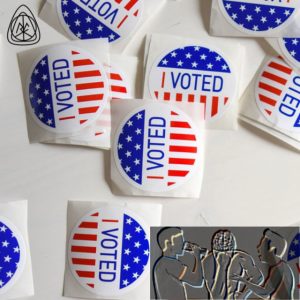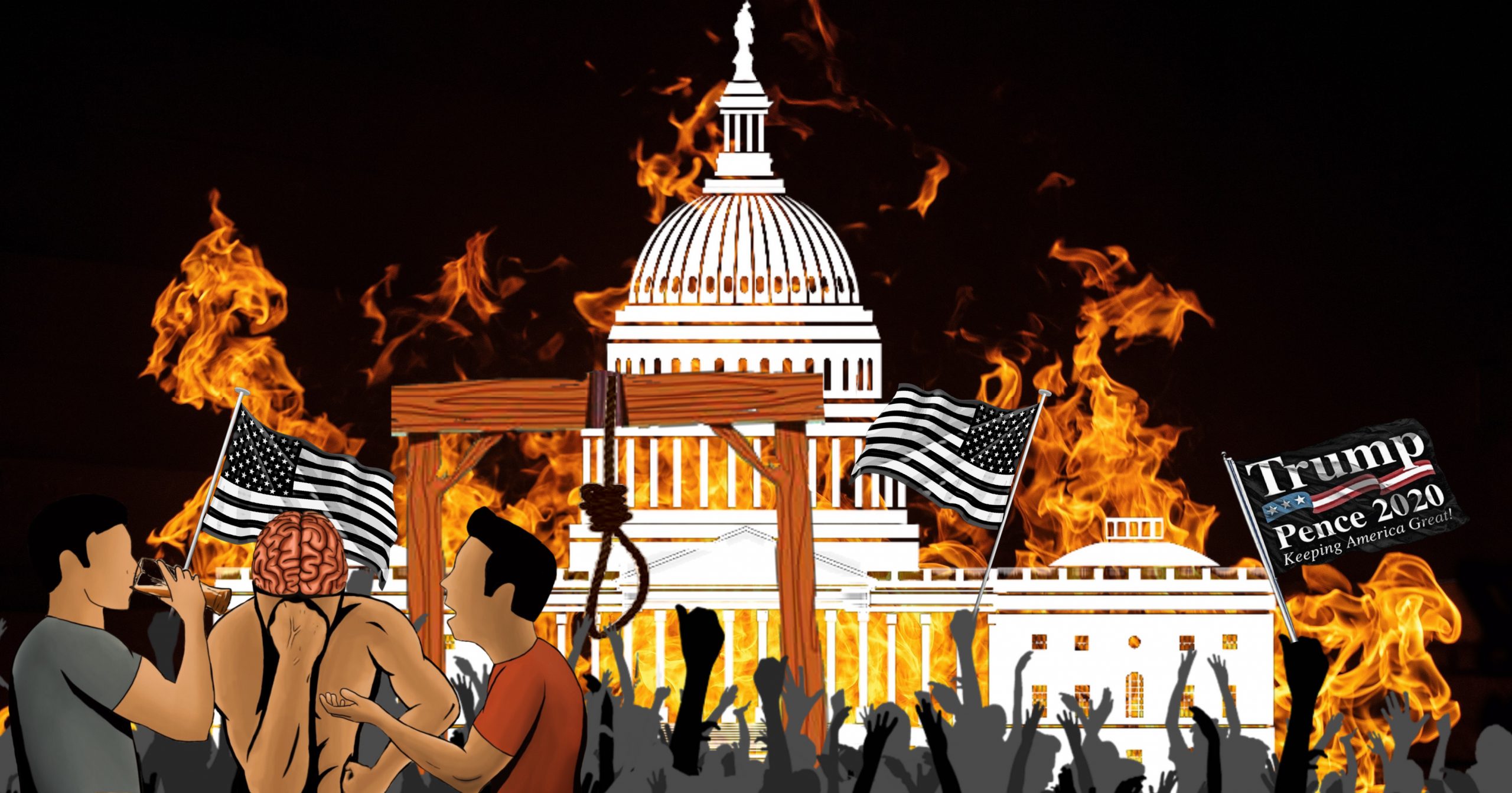Recorded with the riot at our nation’s Capitol fresh on...
Read More
In this episode, we talk about the electoral college and what that means for the American voting system. What is it? How does it work? Why do we use it? We do what we can to cover all that and a little more.
Show Notes:
Brief history of the electoral college
The American electoral college is the process by which we choose the President and Vice President
Being a process and not a place, the founding fathers established it in the constitution as a compromise between election of the President by Congress and election by popular vote of qualified citizens
The process consists of: the selection of the electors, the meeting of the electors where they vote, and the counting of the electoral votes by Congress.
As the process consists of 538 electors, a majority of 270 is needed to lelect a President. Your states allotment of electors equals the number of members in its Congressional delegation. (Your senators plus your representatives)
The provisions for electing the President and Vice President have changed dramatically from the original; which had the winner of the majority of votes become President and the runner up becoming Vice President. This proved to be an issue in the 1796 election which had John Adams elected president and Thomas Jefferson elected Vice President despite opposing each other for the presidency.
Five times a candidate has won the popular vote and lost the election. Andrew Jackson in 1824 (to John Quincy Adams); Samuel Tilden in 1876 (to Rutherford B. Hayes); Grover Cleveland in 1888 (to Benjamin Harrison); Al Gore in 2000 (to George W. Bush); Hillary Clinton in 2016 (to Donald J. Trump).
The closest Congress has come to amending the Electoral College since 1804 was during the 91st Congress (1969 – 1971). H.J. 681 proposed the direct election of a President and Vice President, requiring a run off when no candidate received more than 40 percent of the vote. The resolution passed in the house in ‘69 but failed to pass in the senate.
While the Constitution makes no mention of qualifications that must be met to become an Electoral College member, it does determine an Electoral College member cannot be: a member of Congress, a high-ranking U.S. official in a position of “trust or profit,” which refers to a member of Congress accepting an appointment to executive office, or someone who has “engaged in insurrection or rebellion” against the U.S.
Stay tuned for Part 2 where we wrap things up on this topic
Sources:








